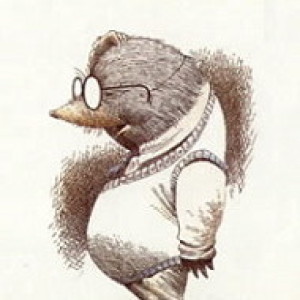How to attract a fly
The stinkhorns have got their second wind after the recent heavy rains and are once again vigorously thrusting their way out of the forest floor.
The stinkhorn is known taxonomically as Phallus impudicus, the name given to it in 1753 by the great Swedish botanist Carl Linnaeus. It is pretty obvious why Linnaeus chose the name which translates as shameless or immodest penis.
Stinkhorns develop in and emerge from the underground white 'egg' shown at the left of the photograph. The eggs can be found emerging from the leaf litter at any time of year, but they usually lie dormant until the summer months when the main structure emerges. The cap at the end of the shaft is covered in a sticky olive green substance which is highly attractive to flies which rapidly feast on it and in doing so carry off the spores on their legs. The adult stinkhorn lives up to its name by being exceedingly smelly. The chemicals responsible, which include oligosulphides, phenol, indole and p-cresol, are also found in carrion and faeces and are highly attractive to flies.
As you can imagine the name, let alone the sight and smell, of a stinkhorn might well might offend those of a sensitive nature. A few days ago, I recounted how Charles Darwin's granddaughter, Gwen Raverat, described the 'sport' of Stinkhorn hunting in her book on life in Victorian Cambridge. The delicious tale is worthy of the re-telling:
In our native woods there grows a kind of toadstool, called in the vernacular The Stinkhorn, though in Latin it bears a grosser name. The name is justified, for the fungus can be hunted by the scent alone; and this was Aunt Etty's great invention. Armed with a basket and a pointed stick, and wearing special hunting cloak and gloves, she would sniff her way round the wood, pausing here and there, her nostrils twitching, when she caught a whiff of her prey; then at last, with a deadly pounce, she would fall upon her victim, and poke his putrid carcass into her basket. At the end of the day's sport, the catch was brought back and burnt in the deepest secrecy on the drawing-room fire, with the door locked; because of the morals of the maids.

Comments
Sign in or get an account to comment.


